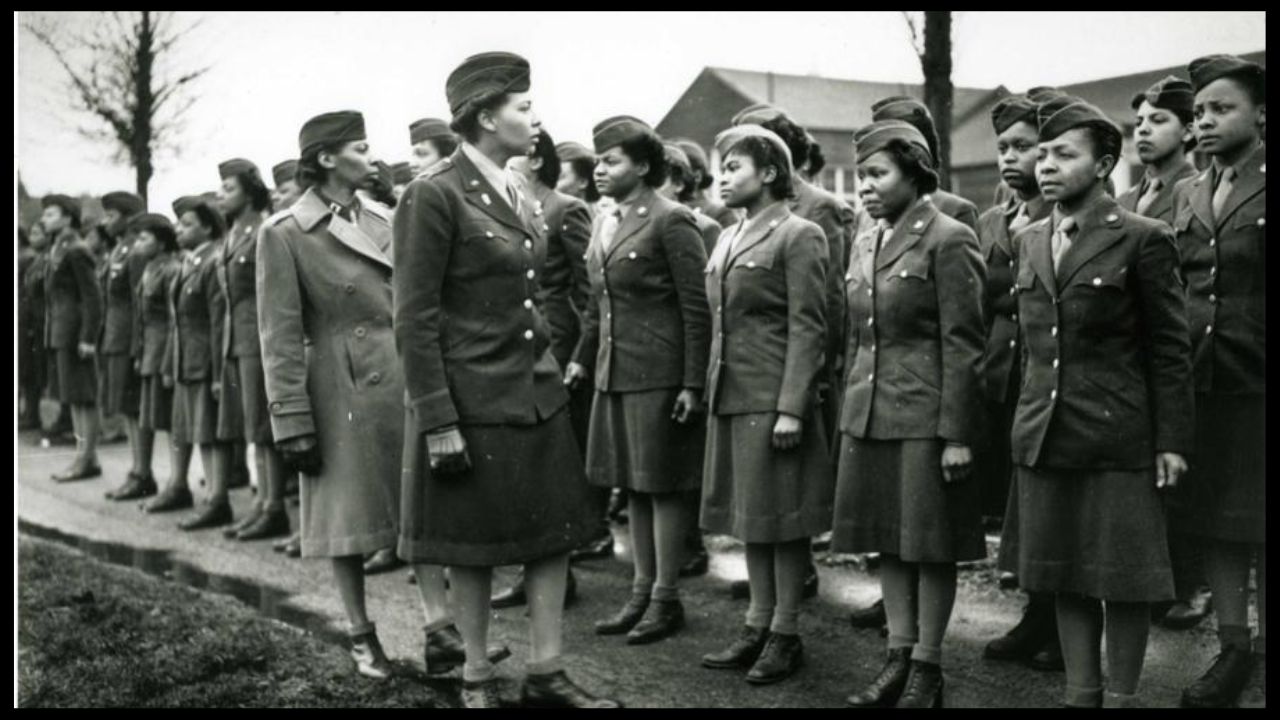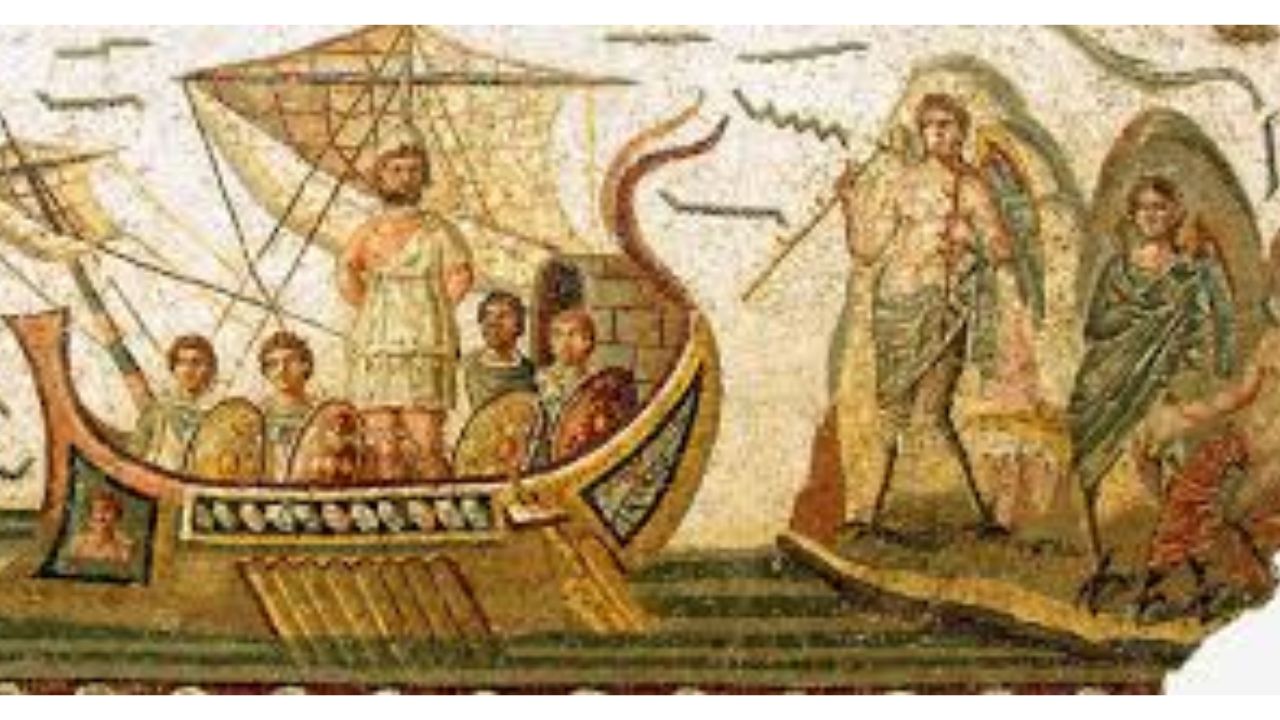The name General of the National Guard Lou Mayer 1872 may not ring as familiar as other historical figures, but it is surrounded by intrigue, mystery, and historical significance. Lou Mayer served as a key figure during a pivotal time in the United States, helping shape the very framework of the National Guard. His story, however, remains clouded by a lack of records, unsolved mysteries, and gaps in the historical narrative—a shadowy enigma that leaves historians intrigued to this day.
This blog will take you on an exhilarating discovery of Lou Mayer’s life, his role as the General of the National Guard in 1872, and the impact both he and the National Guard of that era had on American history. From his early days to his enduring legacy, we’ll explore the tantalizing details and lingering questions surrounding Mayer’s life and command.
Early Life and Military Career Highlights of General Lou Mayer
While records of General Lou Mayer’s early life remain scarce, what we do know begins with his ambition and dedication to military service. Born in an era shaped by the aftermath of the Civil War, Mayer prepared himself for a career in service, earning recognition for his strategic thinking and leadership qualities.
Mayer’s Rise to Leadership
Mayer’s ability to inspire and lead troops through volatile times propelled him up the ranks of the militia. By the late 19th century, the concept of the National Guard emerged as a critical institution for ensuring security and order within post-Civil War America. It was during this period that Mayer found himself at the helm of the National Guard.
A Pivotal Appointment in 1872
When Mayer was appointed General of the National Guard in 1872, it marked a turning point for both his career and the organization. Under his leadership, the National Guard sought to modernize its structure and establish its relevance in an evolving United States.
The National Guard in 1872: Its Role, Structure, and Significance
What Was the National Guard in 1872?
By 1872, the National Guard was beginning to take shape as what we recognize today—a crucial component of domestic defense. Originating from colonial militias, the Guard served as a bridge between local military forces and federal armies. Its evolving role made it essential for responding to domestic emergencies and maintaining civic stability.
Mayer’s Mission as General
General Lou Mayer led the National Guard at a time when the organization’s role was expanding to address a broader scope of challenges—ranging from political unrest and reconstruction efforts to mitigating emerging threats.
Key Challenges Mayer Faced in 1872:
- Strengthening recruitment efforts and expanding membership.
- Streamlining training and preparedness for domestic deployments.
- Balancing the complex relationship between state forces and federal oversight.
The Enigma of General Lou Mayer
Lou Mayer remains a figure of curiosity for military historians due to the lack of extensive documentation on his life and contributions. Despite his achievements, records of his tenure as General of the National Guard in 1872 leave important questions unanswered.
Unsolved Mysteries and Rare Accounts
- Sparse Personal Details: While his professional milestones are known, Mayer’s personal life faded rapidly from public records after 1872.
- Impact on the National Guard: Historians continue piecing together how Mayer’s decisions shaped the modern National Guard, often relying on fragmented accounts.
- Unknown Motivations and Strategies: Was Mayer’s vision for the National Guard realized, or did political challenges thwart his larger ambitions? These remain tantalizing puzzles for researchers.
Why Mayer’s Leadership Was Crucial
Though written records may be scarce, Mayer’s success in positioning the National Guard for its pivotal role in the following decades can still be observed. Institutional structure, military culture, and readiness strategies initiated in Mayer’s era laid the groundwork for the Guard’s evolution into the 20th century.
Impact of General Lou Mayer and the National Guard on U.S. History
Shaping Domestic and Civil Defense
The National Guard of Mayer’s era served as a precursor to modern civil-military operations. By bolstering the Guard’s operational readiness during his tenure, Mayer played a vital role in ensuring the preparedness of the United States for both domestic crises and external conflicts.
Cementing the Guard’s Role in National Development
Under Mayer’s leadership, the National Guard became much more than a loose network of regional militias. His work helped solidify it as a nationally significant institution bridging states and the federal government. This transformation strengthened community stability across the U.S. during sensitive periods.
Insights from Historians on General Mayer’s Legacy
Historians and military experts emphasize that while records of General Lou Mayer, his life, and even exact strategies may remain elusive, his effects are visible in the National Guard’s long-standing commitments today.
Expert Perspectives
- Dr. Julia Kane, military historian at the University of Illinois, notes, “Mayer’s era marked a turning point where the Guard evolved from its militia roots into a more unified national force.”
- Colonel Richard Evans, a retired National Guard officer, suggests, “General Mayer’s tenure cannot be overstated in setting the foundation for what the Guard eventually became—a critical reserve force for the U.S. Army.”
Why General Lou Mayer’s Story Still Matters
The story of General of the National Guard Lou Mayer 1872 is about more than one person—it connects modern military institutions to those early efforts at stability and unity during a tumultuous century in American history. His work provides valuable lessons in leadership, adaptability, and the power of perseverance.
You May Also Like: General of the National Guard Lou Mayer: A Legacy of Leadership
Conclusion
General Lou Mayer’s legacy is a testament to the enduring impact one leader can have on the course of history. His dedication to building a resilient and unified National Guard laid the groundwork for the modern institution that continues to serve and protect the United States. By reflecting on his contributions, we gain not only a deeper appreciation for the challenges faced in forging a strong military foundation but also inspiration to tackle today’s challenges with the same spirit of determination and service. His story reminds us that perseverance and vision can shape a lasting legacy.
FAQs
Who was General Lou Mayer in 1872?
General Lou Mayer was the General of the National Guard in 1872. He played a key role in shaping the Guard during an era of transformation and modernization.
What is the significance of the National Guard in 1872?
The National Guard in 1872 acted as a bridge between state militias and federal forces, evolving into a key domestic defense entity.
Why is Lou Mayer called an enigma?
Lou Mayer is considered an enigma due to the lack of comprehensive records on his life and contributions, leaving historians with unanswered questions.
What challenges did the National Guard face during Mayer’s leadership?
During Mayer’s leadership, the National Guard focused on recruitment, streamlining operations, and balancing states’ roles with federal oversight.
What impact did Lou Mayer have on U.S. military history?
General Lou Mayer’s work in 1872 laid critical groundwork for the modern National Guard, enhancing its role in domestic security.











